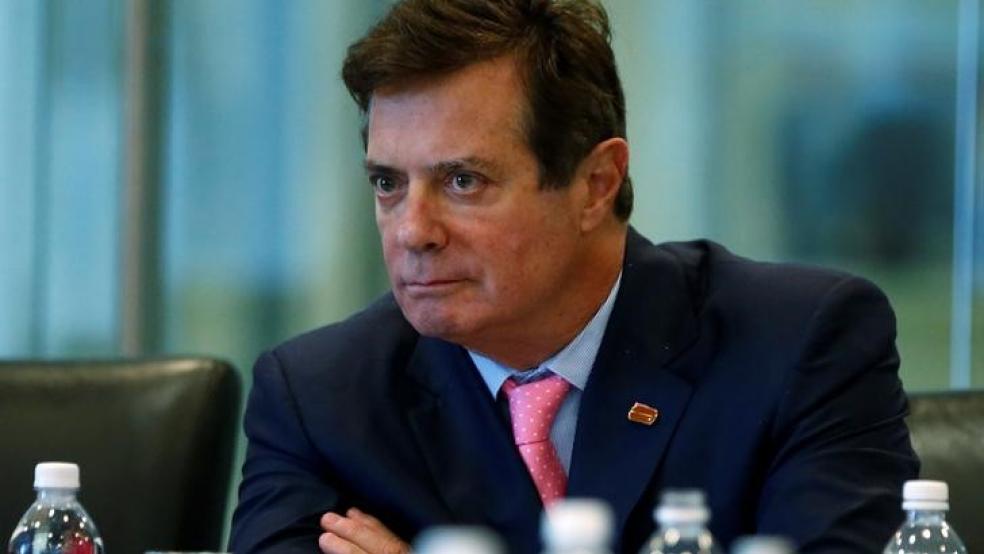After a 12th Republican debate on Thursday night in which his opponents noticeably eased their attacks on him, Donald Trump on Friday morning collected the endorsement of his one-time challenger, retired neurosurgeon Ben Carson, and began an effort to consolidate the Republican Party behind him.
Declaring that, “the Republican Party has lost its way,” he promised to lead the GOP “to victory like the Republican Party has never had before.” He went so far as to suggest that the party ought to cancel the final scheduled candidates’ debate.
Related: This Is What the GOP’s Surrender to Trump Looks Like
Trump, having played the role of dominant frontrunner for months, is now trying to cast himself as the presumptive Republican presidential nominee. It’s a standard strategy for a frontrunner in a primary campaign to try to create a sense of inevitability. But few candidates have ever done it with the grandiosity of Trump.
He repeatedly claimed that he has been contacted by “the biggest people in politics” in recent weeks, all seeking to align with him in advance of his securing the nomination. He even suggested that Republican politicians who say in television interviews that “Trump must be stopped” are actually calling him privately to express a desire to come together.
“I’ve been hearing from virtually everybody in the Republican Party, and they’re congratulating me and they’re saying we’re going to get together,” he said during the nearly hour-long press conference, which was carried live by CNN. “They want to embrace it. Look, these are not stupid people.”
The “it” they want to embrace, Trump explained repeatedly, is the alleged movement of “millions and millions” of voters into the Republican Party because of his candidacy.
Related: 5 Times Donald Trump Condoned Violence at His Rallies
Trump was asked about the final Republican National Committee-sanctioned debate of the cycle, set for March 21 in Salt Lake City, and appeared genuinely unaware that it was even on the schedule.
“I didn’t know there was a next debate. No? They have yet another?” he asked the reporter.
He repeated his claim that the television networks are reaping a “ratings bonanza” from the debates and ought to be giving the money to veterans’ charities. Then he said, “No, to be honest with you I think it’s time to end the debates.”
The Trump press conference came after the Carson endorsement, which struck many observers as odd, given the vitriol Trump spewed at the retired surgeon on the campaign trail. He repeatedly questioned Carson’s mental stability and even repeatedly compared him to a “child molester.”
However, Carson said that he and Trump had “buried the hatchet” and said that he wanted to support his former opponent against “political operatives and parties trying to thwart the will of the people.”
Related: 20 Picks for Trump's Vice President
He repeatedly spoke of Trump as someone who could “comfort” the nation and defeat what he called “agents of division” – a puzzling contention, at best, given the recent events at Trump rallies.
Given Trump’s success in last Tuesday’s primaries, the states that vote on March 15 now loom particularly large. Florida and Ohio, both winner-take-all states, will deliver 165 delegates all by themselves. Other states will deliver more than 200 additional delegates.
Right now, Trump is only talking like he’s the presumptive nominee. In less than a week, he could actually be the presumptive nominee.





